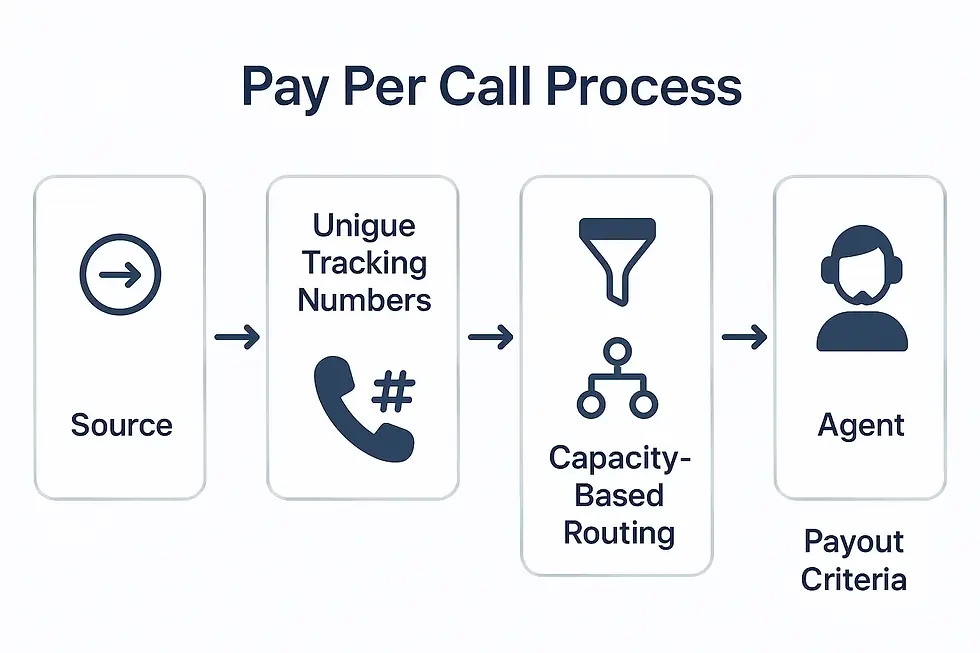Affiliate Marketing in 2023: What You Need to Know?
- echoise-topaffilia
- Feb 13, 2023
- 2 min read
Updated: Feb 15, 2023

Affiliate marketing is the practice of earning a commission by promoting other people's or companies' products.
As digital marketing continues to evolve, so does the affiliate industry and its strategies. With 2023 being more about digital advertising and social marketing, companies will strategically place their trust in nano and micro-influencers.
These small-scale online influencers have much more potential to reach niche users, who could eventually become brand loyal customers.
Nano and Micro Influencers
The definition of an influencer has changed drastically over the years.
Brands used to rely on celebrities and high-profile personalities to promote their products, often spending multiple millions of dollars for a single campaign. In 2021, we are seeing a shift in the way brands are partnering with influencers, as smaller creators take center stage.
Nano and micro influencers (those with fewer than 10k followers) are taking over traditional ad campaigns due to their higher engagement rates and lower costs associated with working with them.
Brands are now looking at these influencers as an opportunity to target a specific audience they would not have otherwise been able to access at scale through a celebrity endorsement or expensive ad campaign.
Product Monetization
Product monetization is another key trend that will continue into 2023.
This strategy involves affiliates leveraging their own product or service such as an e-book, course, webinar series etc., instead of simply promoting other people’s products for commission alone.
This allows affiliates to maximize earnings from each customer by offering additional value beyond just a simple recommendation or review of another product or service - something that resonates better with today’s consumer who is increasingly looking for trustworthiness in the brands they purchase from online.
Product monetization also provides more opportunity for customization – allowing affiliates to tailor offers specifically suited for their individual audiences rather than relying on cookie cutter solutions offered by the merchant itself which may not always be applicable across all channels/audiences.
Content Aggregation
Content aggregation is also becoming increasingly popular among affiliate marketers as it allows them to easily curate content from various sources into one single page quickly and efficiently while still generating revenue via affiliate links embedded within the content itself (e.g., Amazon Associates).
Content aggregation helps affiliates save time by eliminating the need for manual curation while simultaneously providing readers with quick access to relevant information related to their interests - all within one page!
Additionally, this type of content can be shared across multiple channels (including social media) which further increases its reach & visibility – resulting in increased conversions & commissions earned by the affiliate marketer themselves!
Conclusion
Affiliate marketing has come a long way since its inception in 1994 and it shows no signs of slowing down anytime soon!
By leveraging nano/micro-influencers, product monetization strategies, and content aggregation techniques - affiliates can easily tap into new customer segments & maximize earnings from each customer without having to invest heavily into expensive ad campaigns or celebrity endorsements like traditional marketers do!
As we move closer towards 2023, it will be interesting to see how these trends continue shaping the future of affiliate marketing!



Comments